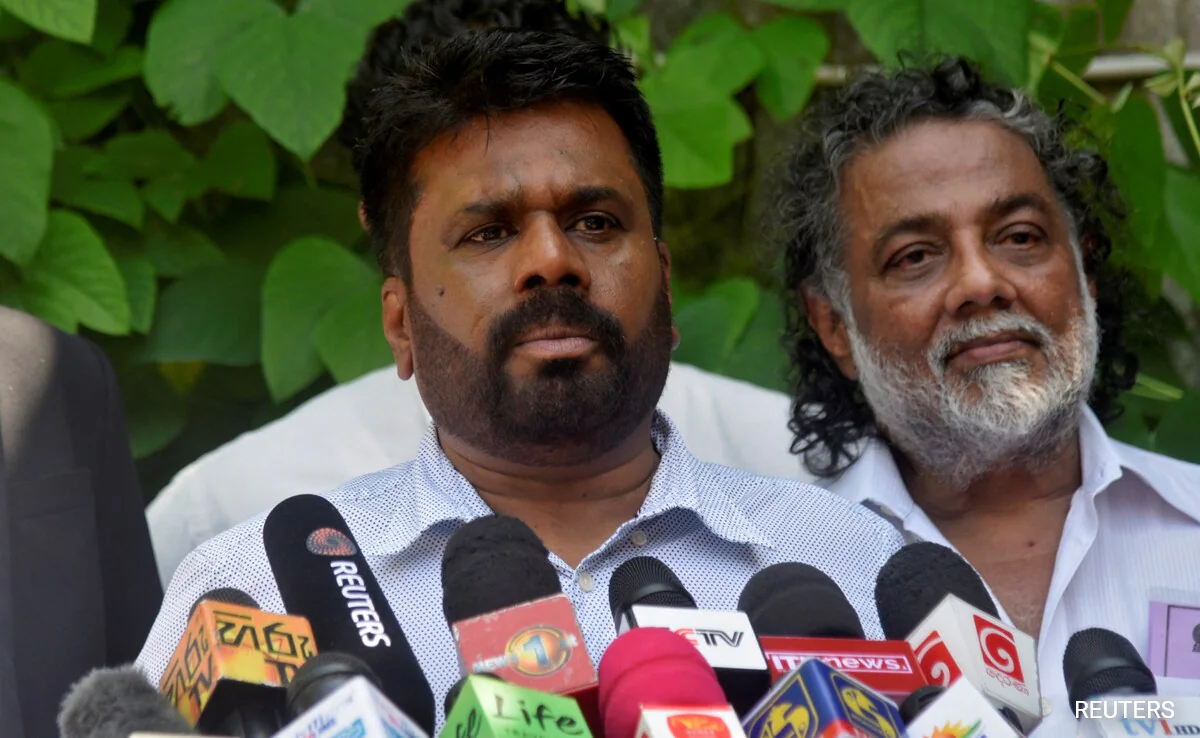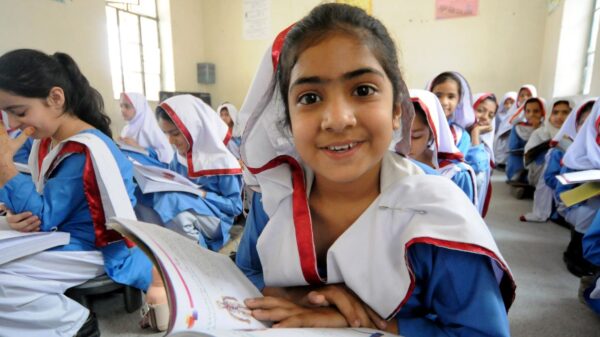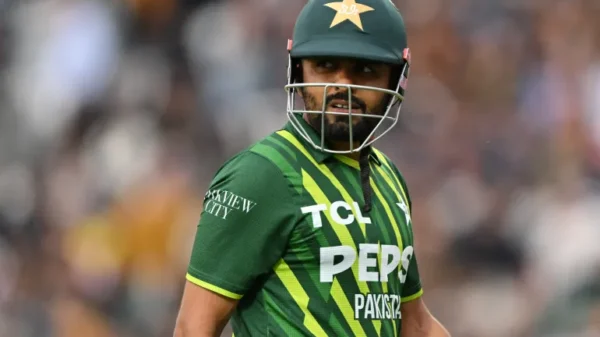Anura Kumara Dissanayake
Anura Kumara Dissanayake has emerged victorious in Sri Lanka’s presidential election, with the election commission officially declaring him the president-elect on Sunday.
His win comes against a backdrop of widespread discontent regarding the government’s handling of an unprecedented financial crisis that has gripped the island nation.
The 55-year-old leader of the People’s Liberation Front secured the presidency with 42.31 percent of the vote in the election held on Saturday.
Opposition leader Sajith Premadasa followed in second place with 32.76 percent, while the outgoing President, Ranil Wickremesinghe, who implemented stringent austerity measures during the economic collapse, garnered a distant third with just 17.27 percent.
Dissanayake is set to be sworn in on Monday morning at the President Secretariat in Colombo, marking a significant moment in Sri Lanka’s political landscape. His party, once a marginal Marxist group, led two failed uprisings in the 1970s and 1980s that resulted in over 80,000 deaths.
However, the ongoing economic crisis has presented an opportunity for Dissanayake, as he has gained considerable support by promising to transform the “corrupt” political culture of Sri Lanka.
After casting his ballot on Saturday, Dissanayake emphasized the need for a new political culture in the country. However, no victory celebrations or rallies are allowed until a week after the final results are announced, in accordance with election regulations.
Dissanayake’s rise is particularly noteworthy given the JVP’s status in 2019, when Gotabaya Rajapaksa assumed power.
At that time, the Janatha Vimukthi Peramuna (JVP) was considered a fringe party, securing only 3 percent of the total vote share. Today, under Dissanayake’s leadership, the JVP has reached the pinnacle of power.
Born into a working-class family in Thambuttegama, Dissanayake began his political journey as a student leader in the 1990s, advocating for communist ideals. By 1998, he had ascended to the JVP’s decision-making body, the politburo.
His political breakthrough came in 2000 when he won a seat in Parliament, eventually becoming a Cabinet minister in President Chandrika Bandaranaike Kumaratunga’s government, although he resigned from that position a year later.
In light of geopolitical tensions in the region, Dissanayake’s party has assured India that his administration will not be drawn into the rivalry between India and China, Sri Lanka’s largest lender.
Concerns have been raised in New Delhi about increasing Chinese influence in Sri Lanka, which is strategically located along crucial shipping routes in the Indian Ocean.
A senior party leader reassured that “Sri Lankan territory will not be used against any other nation,” underscoring their awareness of the regional geopolitical landscape while affirming their intention to remain neutral.
I am a dynamic professional, specializing in Peace and Conflict Studies, Conflict Management and Resolution, and International Relations. My expertise is particularly focused on South Asian Conflicts and the intricacies of the Indian Ocean and Asia Pacific Politics. With my skills as a Content Writer, I serve as a bridge between academia and the public, translating complex global issues into accessible narratives. My passion for fostering understanding and cooperation on the national and international stage drives me to make meaningful contributions to peace and global discourse.










